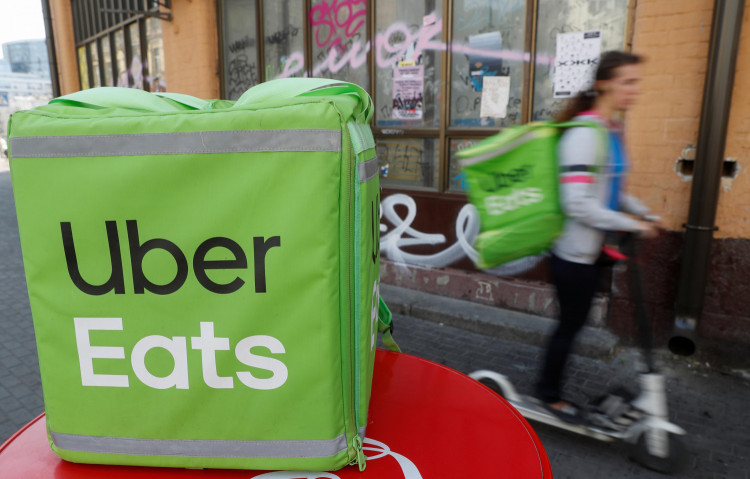GrubHub is fighting among "promiscuous" diners for orders, which could mean more options for restaurants and better deals for consumers who want to eat restaurant-prepared meals on their couch.
Tuesday, after GrubHub reduced sales targets for the year and cautioned that the digital food ordering and distribution business is becoming too busy, stocks in the Chicago-based company closed down more than 40 percent.
Rivals like Uber Eats, DoorDash and Postmates are also looking for ways to stick out in a market where a competitive advantage can be difficult to find, analysts say.
Some are seeking partnerships outside the food industry, and UberEats is leveraging customers from their ride-share business, for example.
New customers and new cities have previously fuelled the growth of Grubhub, but that is no longer enough, said CEO Matt Maloney during the earnings call from GrubHub.
The task for GrubHub is to keep its clients when recruiting competitors. It wants to add options for restaurants and customer loyalty programs, which Maloney said might lead to lower customer prices.
"The winner must have a differentiated experience for the diner in this room," he said, adding that after closing the gap on restaurants, "there is no incentive for customers to go anywhere else."
Maintaining those clients on the company's platform is of huge importance, especially as "online diners are becoming more promiscuous," GrubHub executives disclosed in a letter sent to stockholders late Monday after earnings were posted.
Though GrubHub's long-term customers are brand loyal, newer ones are not as much and also order food from rivals, Maloney said.
According to the shareholder letter, GrubHub has over 140,000 partner restaurants. The company is planning to add restaurants for an undisclosed number of employees, Maloney added.
Costs can't just be driven down by increased volume, said Maloney. Delivery drivers still have to be paid, and it will not work either to sneak in delivery or service fees.
"Consumers are intelligent, they work it out," he said. "Trucing a customer to spend more than they want to charge is very complicated."
GrubHub had an edge because it was one of the first food supply firms and established trust with its customer base, according to Darren Tristano, CEO of the Foodservice Results consulting company headquartered in Chicago.
"But these advantages can easily go away," he added. "You're still at the mercy of what's coming, even if you're the leader," he pointed out.
The third-quarter earnings of GrubHub amounted to $1 million, or 1 percent per share. The stock of the company closed at $33 a share on Tuesday. As of April, the company had around 2,700 employees, about 1,200 of whom were in Chicago.






